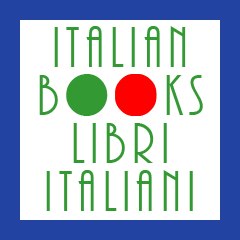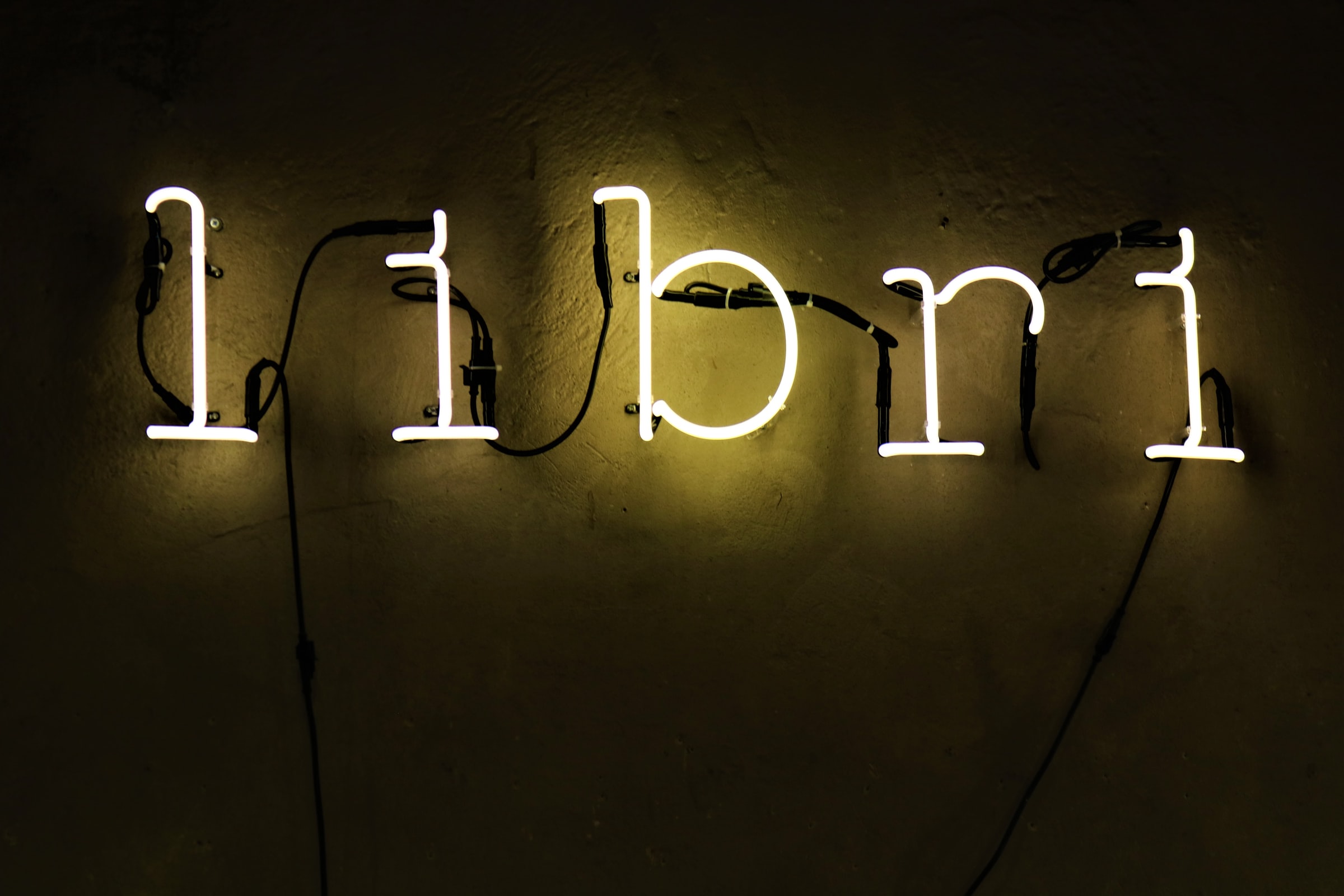Italian dictionaries have played a pivotal role in the preservation, standardization, and enrichment of the Italian language over the centuries. From early manuscript glossaries to sophisticated digital platforms, these linguistic tools have not only chronicled the evolution of Italian but have also shaped its development and facilitated its study and usage both within Italy and globally. This essay delves into the history, evolution, and contemporary relevance of Italian dictionaries, highlighting their impact on language, culture, and education.
Historical Background
The roots of Italian dictionaries can be traced back to the medieval glossaries, which served as the first attempts to compile and explain the vernacular language. These early works were primarily Latin-Italian lexicons, aiding the understanding of Latin texts. The transition from Latin to vernacular languages in literature and scholarly works during the Renaissance spurred the need for more comprehensive dictionaries.
One of the most significant milestones in the history of Italian lexicography was the publication of the “Vocabolario degli Accademici della Crusca” in 1612. Compiled by the Accademia della Crusca, an institution dedicated to the study and preservation of the Italian language, this dictionary was the first to systematically codify the Italian lexicon. The “Vocabolario” not only provided definitions but also cited literary examples, primarily from the works of Dante, Petrarch, and Boccaccio, thus setting a standard for the Italian language.
Evolution and Modernization
The 18th and 19th centuries saw the emergence of several significant dictionaries, such as the “Dizionario della lingua italiana” by Niccolò Tommaseo and Bernardo Bellini, published between 1861 and 1879. This work expanded the lexicon to include scientific and technical terms, reflecting the industrial and scientific advancements of the time. The inclusion of regional dialects also acknowledged the rich linguistic diversity within Italy.
With the advent of the 20th century, Italian dictionaries underwent further modernization. The “Grande Dizionario della Lingua Italiana” by Salvatore Battaglia, begun in 1961, is an example of a comprehensive scholarly dictionary that includes extensive historical and etymological information. This period also saw the rise of specialized dictionaries, catering to fields such as law, medicine, and the arts, thereby enriching the Italian lexicon with terminologies from various domains.
Digital Era and Contemporary Relevance
The digital revolution has transformed the landscape of Italian lexicography. Online dictionaries, such as the “Dizionario Italiano Olivetti” and the Treccani dictionary, offer users immediate access to vast databases of words, definitions, synonyms, antonyms, and usage examples. These digital platforms often include audio pronunciations, translation features, and interactive elements that facilitate language learning and usage.
Moreover, the digital age has democratized access to lexicographic resources, enabling users from around the world to engage with the Italian language. Mobile applications and online platforms make dictionaries accessible anytime and anywhere, fostering language acquisition and proficiency. The integration of user-generated content and real-time updates ensures that contemporary usage and neologisms are promptly recorded, keeping the language dynamic and current.
Cultural and Educational Impact
Italian dictionaries are not merely linguistic tools; they are cultural artifacts that reflect and preserve the heritage of the Italian people. They capture the evolution of societal values, technological advancements, and cultural exchanges. By documenting regional dialects and idiomatic expressions, dictionaries safeguard the linguistic diversity that is a hallmark of Italy’s cultural identity.
In education, dictionaries are indispensable. They serve as foundational resources for students, scholars, and educators, aiding in the study of Italian literature, linguistics, and history. Language learners rely on dictionaries to build vocabulary, understand grammatical structures, and master pronunciation. In academia, comprehensive dictionaries are crucial for conducting linguistic research and producing scholarly work.
Conclusion
Italian dictionaries have traversed a remarkable journey from medieval glossaries to sophisticated digital platforms, each phase contributing to the preservation, standardization, and enrichment of the Italian language. They are invaluable resources that bridge the past and present, fostering a deeper understanding and appreciation of the Italian linguistic and cultural heritage. As they continue to evolve, Italian dictionaries will undoubtedly remain central to the study and celebration of the Italian language, both within Italy and across the world.
Bestselling Italian Dictionaries






